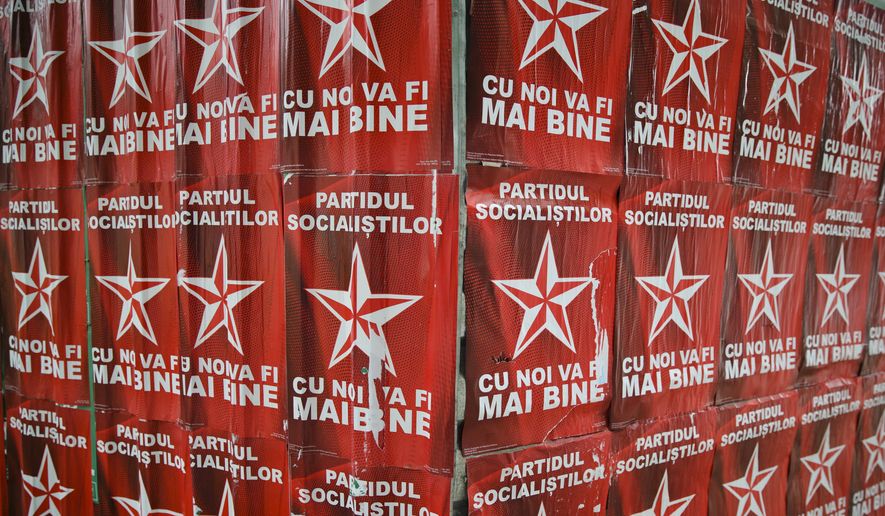The tiny former Soviet republic of Moldova has been simmering for months as demonstrations erupt almost daily in the capital of Chisinau. The country has been unstable and mired in corruption since the breakup of the Soviet Union in the early 1990s. However, the theft of more than $1 billion, a fifth of the nation’s gross domestic product, has shaken the country to its core.
To understand what is going on, you must take a step back. Moscow was never happy with Moldovan independence. The border area of Transdniester fought a war, after the U.S.S.R. fell, with Russian support and remains an autonomous region. Russian troops are stationed there permanently. Understandably, when the government made a move toward the European Union (EU) a few years ago, the Kremlin didn’t like it one bit. The pro-Russian population makes up about half the country. The situation is very similar to Ukraine. That’s what makes this tiny country so dangerous.
The theft of the huge amount money shocked the poor population, which struggles to survive on a very low average salary of a few hundred U.S. dollars a month. There seems to be no way that large of an amount of money could have disappeared from government coffers without some level of internal knowledge and support. However, many on the pro-EU side of parliament, which held a thin coalition majority, see Russian involvement in stirring up the demonstrations so the Kremlin can have more control over the situation.
On Thursday, one of the pro-EU parties defected to the other side and the Moldovan parliament voted to dissolve the government. The prime minister since July, Valeriu Strelet, is now out of power. AFP reported his comments in his final speech in parliament: “I am seriously worried about the future of the country. I see that some politicians have no desire to maintain the smallest amount of stability … They want chaos, that is why they supported the dismissal of the government.”
One of his party’s MPs, Iurie Tap, called the vote of no confidence “a political act in the interests of Russia.”
One thing is for sure, the troubles are not over in Moldova. They are only just beginning. This small, destitute country sits right in the middle of the East-West divide.




Please read our comment policy before commenting.